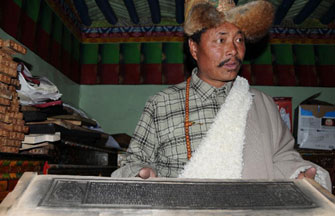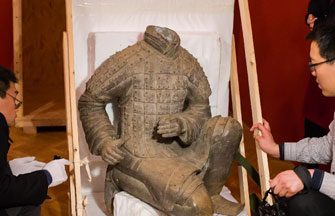Unbroken unable to draw local audience yet
By Wang Kaihao ( China Daily ) Updated: 2015-02-05 07:59:07"I ended up directing the film almost by default because I was shy to let it go anywhere else," Jolie said in an earlier interview.
"War sometimes brings out the best in people, when they take from each other, when they remember what they're fighting for but retain their humanity, and even go out of their way to save someone."
And despite the movie's subject, it wasn't able to draw moviegoers on the mainland, as much as Jolie and other producers had probably expected.
Movies such as Saving Private Ryan that came to China in 1999, at a time when the country was just opening up to Hollywood, became a hit.
The wartime legend's tale then resonated with audiences.
But these days in the world's second-largest movie market, where fans have gotten used to the dazzling special effects of Hollywood blockbusters, storytelling alone isn't the winning formula.
Last year, another wartime movie, Fury, starring Brad Pitt, earned 117 million yuan from the mainland's box office.
And although that didn't look too bad, when compared with the top earners in China, Fury was among dozens of movies that made more than 100 million yuan in ticket sales last year.
Transformers: Age of Extinction, the highest-grossing film screened on the mainland to date, made nearly 2 billion yuan here.
Most of China's war dramas were based on revolutionary themes that tend to highlight the protagonists' bravery on battlefields but pay less attention to the complexities of human nature.
But in 2007, the Chinese blockbuster Assembly made history with its astonishing battlefield scenes and exploration of individuals' spiritual salvation. It was directed by Feng Xiaogang.
Unbroken has been described by China's major film review websites as "a combination of Chariots of Fire, Life of Pi and 12 Years a Slave".
But the ending is "too sudden", some viewers say.
Related:
|
|
|
|
|
|
|
|

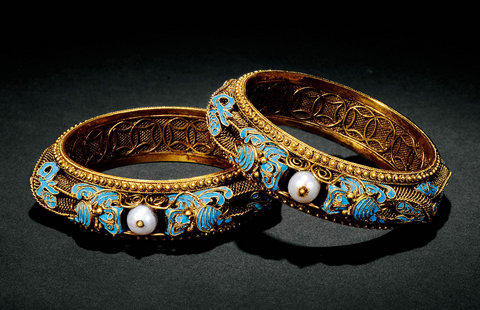

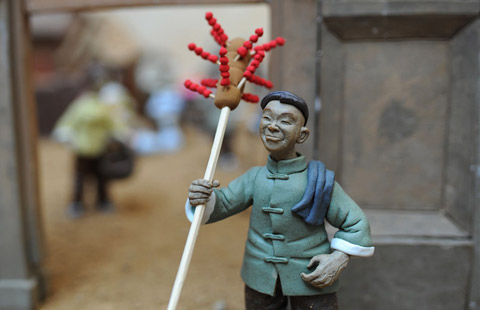
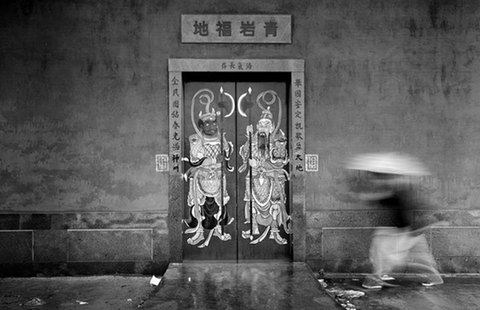

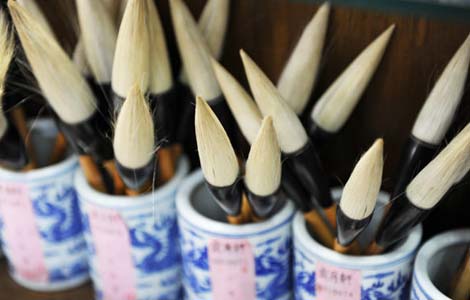
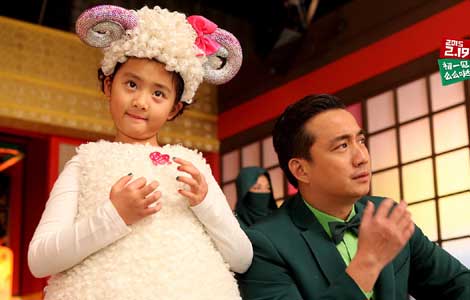








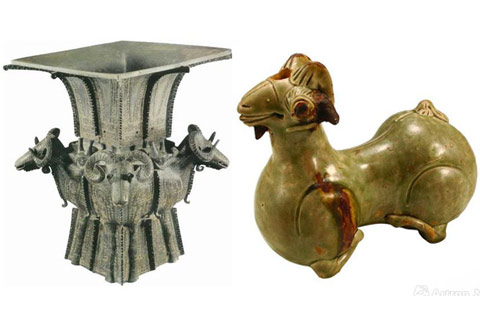


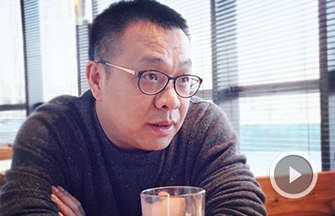

 Raymond Zhou:
Raymond Zhou: Pauline D Loh:
Pauline D Loh: Hot Pot
Hot Pot Eco China
Eco China China Dream
China Dream China Face
China Face
